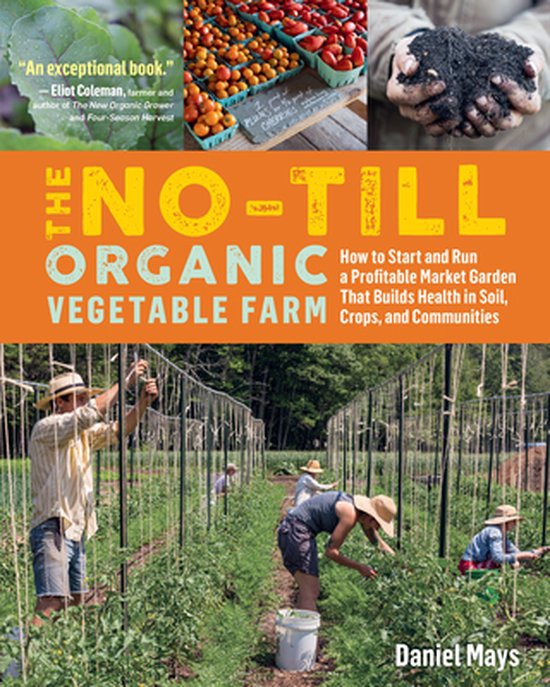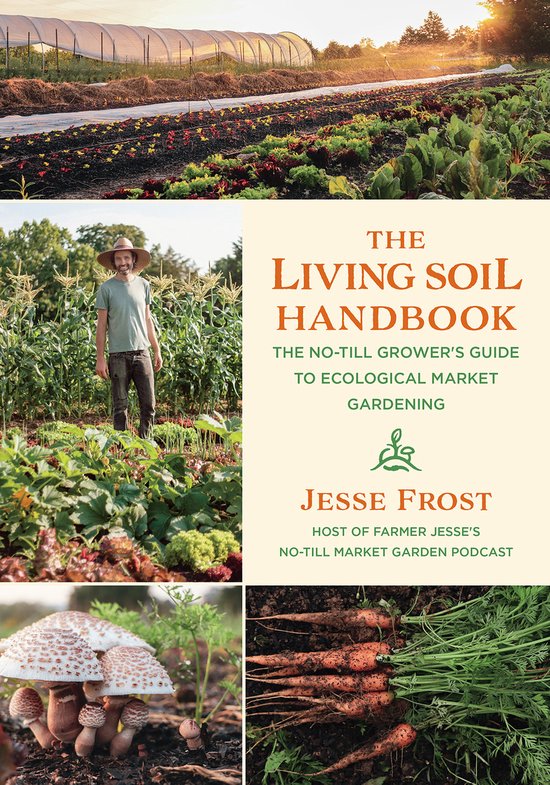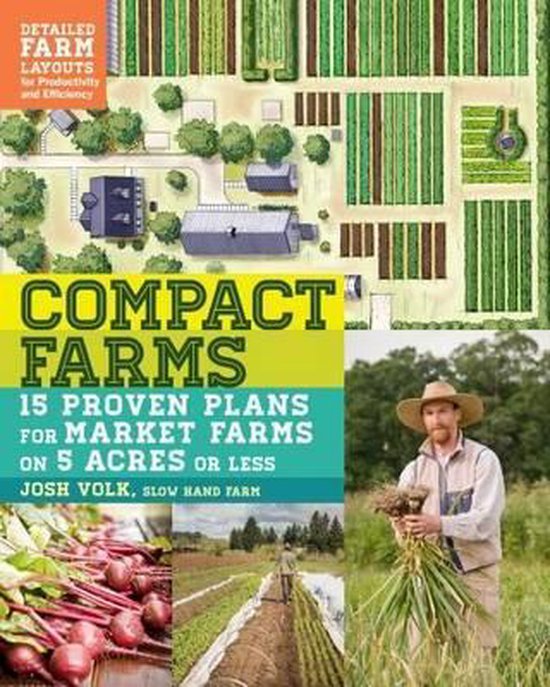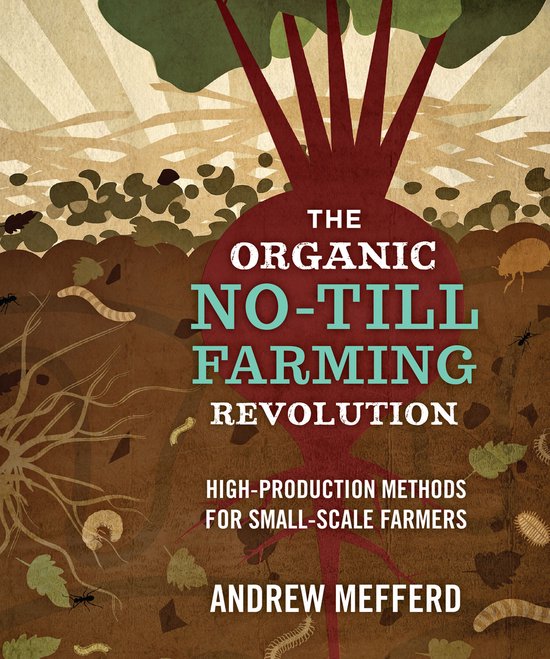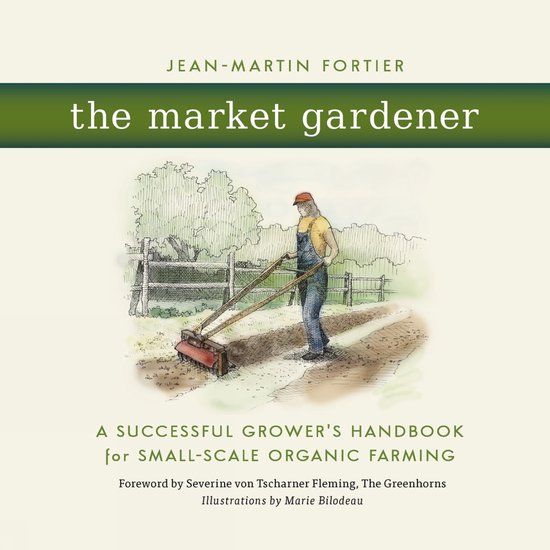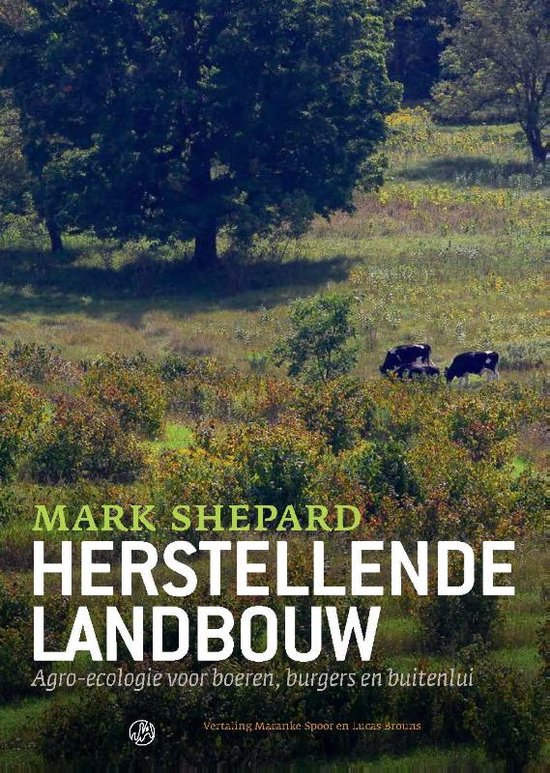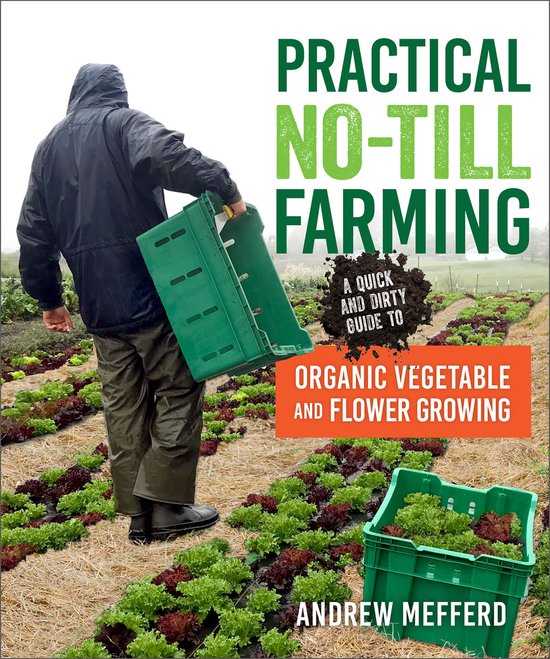
Practical No-Till Farming
Practical No-Till Farming is the ultimate guide to getting started with organic no-till growing methods. Coverage includes pros and cons of different no-till methods, customizing no-till for your farm, detailed how-to for each method, relative costs, handling pernicious weeds, and boosting soil health and crop yield.
Do less, produce more, and grow the soil life that feeds crops using chemical-free, organic no-till methods
A no-nonsense breakdown of no-till market gardening that gets straight to the point and stays there. Practical No-Till Farming is arguably the most devourable technical manual I've come across. A great read and an even greater asset to organic flower and vegetable growers everywhere.
— JESSE FROST, author, The Living Soil Handbook
This is a book I wish I had when I was starting out. Helps clarify what the big deal is about no-till, how it's being defined, and how folks are actually making it work.
— JOSH VOLK, author, Build Your Own Farm Tools and Compact Farms
NO-TILL FARMING methods are taking small-scale farming by storm, promising less work, higher productivity, improved soil health, carbon sequestration, and weed control for organic growers.
There are many ways to approach no-till, including mulching with compost, cardboard, straw, silage tarps, and more—and there is no shortage of conflicting advice on how to get started.
Practical No-Till Farming is here to help, sorting the wheat from the chaff and the horse manure from the plastic mulch. Coverage includes:
- How to assess your farm for no-till options considering climate, soil, and crop selection
- Detailed descriptions of common no-till methods, including pros and cons, materials, and relative costs
- Choosing the most appropriate methods for your context
- How-to for each no-till method, including what to do and when
- Dealing with bindweed, symphylans, and other difficult weeds and pests
- Maximizing productivity of no-till beds
- Special coverage of both organic vegetable and flower no-till market farming.
Ideal for small-scale growers everywhere, this one-of-a-kind manual is the ultimate guide to getting started with no-till farming.
If you're looking for a practical, down-to-earth book that explains both the whys and hows of no-till market gardening, this definitely is the book for you.
— JOHN IKERD, Professor Emeritus of Agricultural Economics, University of Missouri-Columbia
ANDREW MEFFERD is the editor of Growing for Market magazine and author of The Organic No-Till Farming Revolution and The Greenhouse and Hoophouse Grower's Handbook. He lives and farms in Cornville, Maine.
Do less, produce more, and grow soil that feeds crops using chemical-free, organic no-till methods
Andrew Mefferd, veteran farmer, author of The Organic No-Till Farming Revolution, and editor of Growing for Market magazine, brings you the ultimate guide to getting started with no-till farming.
Yet there are many ways to do no-till, including mulching with compost, cardboard, straw, silage tarps, and more. Plus plenty of conflicting advice on how to get started.
Practical No-Till Farming is here to help, sorting the wheat from the chaff and the horse manure from the plastic mulch. Coverage includes:
- How to assess your farm for no-till options considering climate, soil, and crop selection
- Assessment of common no-till methods, including pros and cons, materials, and the relative costs
- A decision-making matrix for choosing the most appropriate methods for your context
- How-to for each no-till method, including what to do and when
- Dealing with bindweed, symphylans, and other difficult weeds and pests
- Maximizing productivity of no-till beds
- Special coverage of both organic vegetable and flower no-till market farming
Ideal for small-scale growers everywhere, Andrew Mefferd, veteran farmer, author of The Organic No-Till Farming Revolution, and editor of Growing for Market magazine, brings you the ultimate guide to getting started with no-till farming.
| Auteur | | Andrew Mefferd |
| Taal | | Engels |
| Type | | Paperback |
| Categorie | | Technologie & Bouwkunde |
